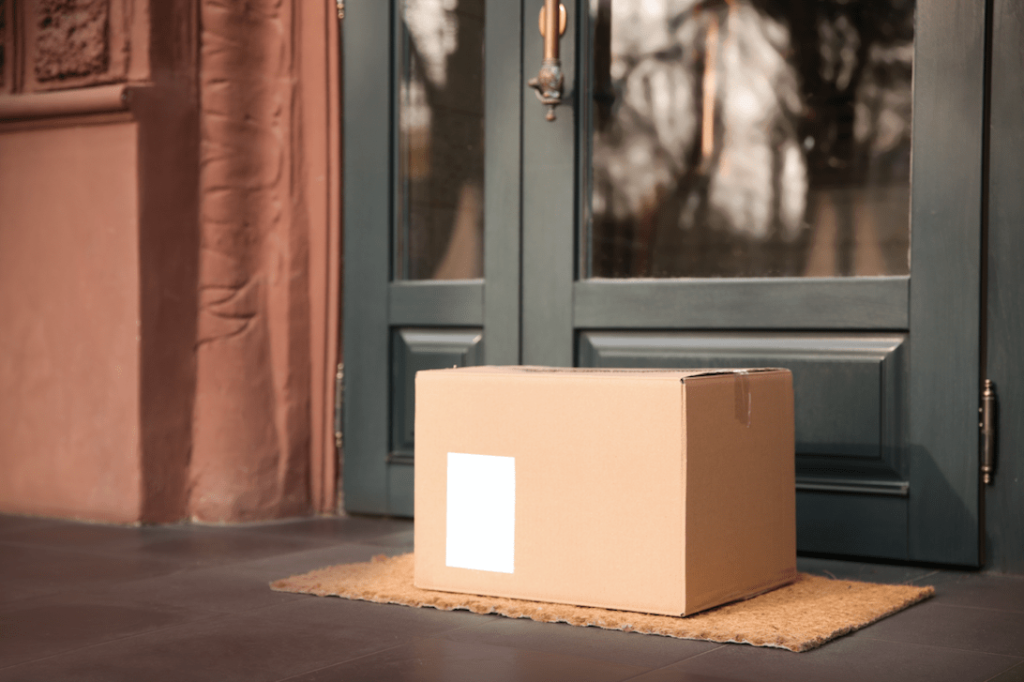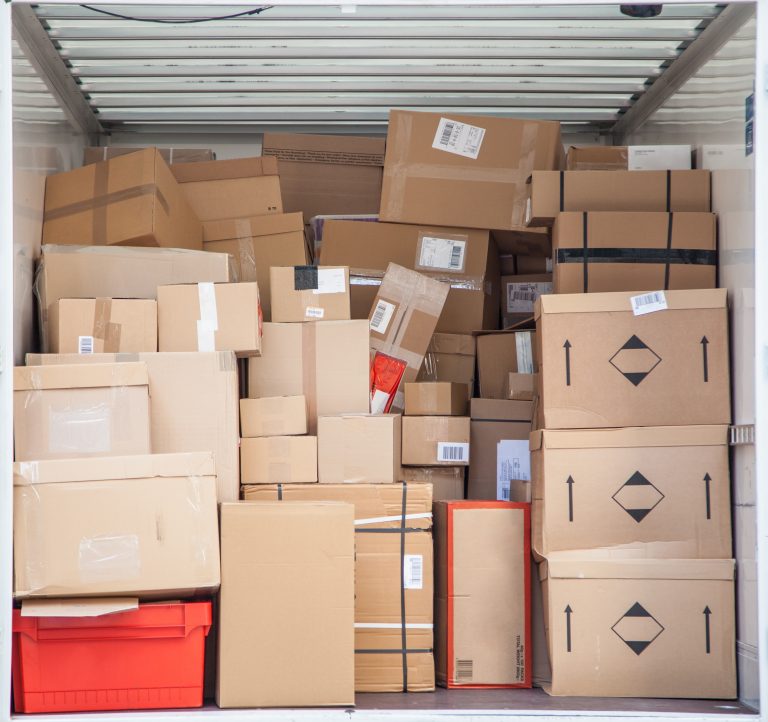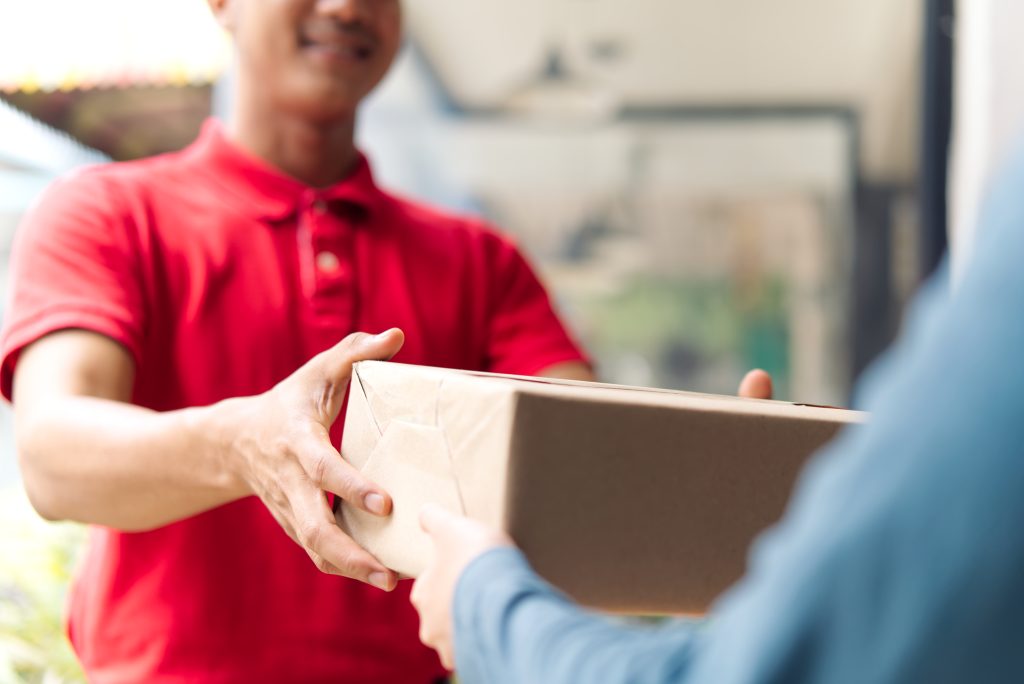The critical role of last mile logistics cannot be understated. A solid approach to final mile coverage is the key to keeping consumers happy, which keeps the supply chain strong and profitable.
Delivery speed is a significant factor in getting and keeping customers. The last mile is the customer’s only impression of how the product got to their door in most cases. If it doesn’t go well, customers remember.
Customer expectations for fast and convenient delivery have led to the growth of same-day and even same-hour delivery in some cases. This has put pressure on last mile logistics companies to find ways to deliver packages more quickly and efficiently.
Last mile delivery represents more than 53% of shipping costs and is the most expensive and time-consuming element of the eCommerce supply chain.
The use of alternative delivery methods, such as bikes and drones, is on the rise in last mile logistics. In some cases, these methods can be more efficient and cost-effective than traditional delivery methods, such as trucks and vans.
As expected, Amazon has had a significant impact on customer’s expectations for last mile logistics. Amazon has become known for its fast and reliable delivery service, with many customers now expecting similar delivery options from other businesses as well. Amazon’s two-day and even same-day delivery options have set a new standard for speed in last mile delivery, forcing other businesses to adapt in order to keep up with customer expectations.
Amazon has also raised the bar in terms of delivery flexibility and convenience. The company offers a variety of delivery options such as in-home delivery, Amazon Lockers, and even delivery to the trunk of a customer’s car. These options have given customers greater control over when and where their packages are delivered, which in turn has raised their expectations for other businesses as well.
Furthermore, Amazon’s advanced tracking and communication systems have set new standards for transparency and visibility in last mile logistics. Customers can track their packages in real-time, receive push notifications with updates on their delivery, and even communicate directly with the delivery driver through Amazon’s app.
Overall, Amazon’s success in last mile logistics has had a significant impact on customer expectations, forcing other businesses to prioritize speed, convenience, and transparency in order to remain competitive.
What is Last Mile Logistics?
What is last mile logistics? It is getting products from a distribution center to the end-user without any delay in time. It’s a catch-all term, and the “last mile” can consist of a few blocks or many miles.
Last mile logistics is a critical part of the supply chain, as it is the final step in the process of getting goods to the customer. It can be challenging due to factors such as traffic, congestion, and the need to navigate to specific addresses. As a result, companies that specialize in last mile logistics often use a variety of delivery methods, including trucks, vans, bikes, and even drones, to ensure timely and efficient delivery.
Parcel or small package carriers are commonly involved in last mile logistics. They are responsible for bringing each shipment directly to the consumer quickly and cost-effectively. Consumers are often willing to pay extra for last-mile delivery services that provide same-day fulfillment. To their detriment, a lot of businesses seem to have little interest in perfecting their last mile logistics process which it in turn, makes them liable to any downfall in the market.
As eCommerce sales grow, the demand for last mile logistics will increase exponentially. With this increase come unique challenges that may be difficult to address.

Unique Challenges of Last Mile Delivery
Last mile delivery requires an emphasis on speed and timely delivery to improve customer satisfaction and brand loyalty. Surprisingly, 56% of shoppers refuse to buy from a brand again if they had a negative experience with the shipping service.
One of the biggest challenges of last mile delivery involves complexity. Consumers demand carriers that provide assembly options, especially for large, bulky items. As a result, shippers have to think about responding to these increasing demands.
Other critical challenges that arise during last mile delivery include the following:
Capacity
A significant challenge of last mile delivery has to do with capacity. The availability of truck containers and container space makes it challenging to get freight to specific destinations. This situation affects both shippers and carriers. Shippers face increased rates, while carriers face deadhead miles that cut into their bottom lines.
A capacity crunch can happen for several reasons, including:
- Seasonal peaks
- Labor shortages
- Natural disasters
- Unexpected situations
Any space at the back of a truck can become more valuable and expensive during a capacity crunch.
Visibility
Technology makes it possible to gain increased visibility of delivery status. Customers now demand real-time information about their shipment. They want to know the location of their package and exactly when to expect delivery.
Shippers and carriers must deploy up-to-date technology to ensure that they can provide the level of visibility and service customers expect today.
Costs
The infrastructure that supports efficient and on-time delivery can be expensive. It involves allocating funds for extra stops, failed deliveries, fleet operation, drivers’ salaries, and money for complex routes. Better route planning and higher efficiency can help lower the costs. Making mistakes during last mile delivery can ultimately be very expensive for a company.
Last mile logistics can be a significant cost for companies, especially for small and medium-sized businesses that do not have the same economies of scale as larger companies. There are several factors that contribute to the cost of last mile logistics:
- Transportation costs: The cost of transporting packages from a distribution center to the final destination can be high, especially if the delivery requires multiple stops or is going to a hard-to-reach location.
- Labor costs: Last mile delivery often requires hiring additional staff to handle the increased volume of deliveries. This can be a significant cost for companies, especially if they are using contractors or third-party delivery services.
- Returns and damaged goods: Handling returns and damaged goods can also be a significant cost for last mile logistics companies. These items need to be returned to the distribution center or warehouse, which can add additional transportation and labor costs.
- Customer expectations:As customers have come to expect fast and convenient delivery, companies have had to invest in technologies and processes to meet these expectations. This can add additional costs, such as the cost of developing and implementing new systems and processes.
Technology
About half of all global transportation and logistics companies use outdated technology to track last-mile delivery.
This legacy approach makes it hard for them to monitor potential last-mile complications and develop strategies to handle them. Outdated technology can also affect route planning which can cause delayed deliveries, customer dissatisfaction, and higher costs.
Enhancing Last Mile Logistics through Technology
In the last mile of the supply chain, businesses face the challenge of getting products to customers as efficiently and quickly as possible. Fortunately, there are many technology solutions available to help with this task. For example, route optimization software uses algorithms to determine the most efficient routes for delivery vehicles, minimizing travel time and reducing costs. Another solution is the use of delivery drones and robots, which can navigate through crowded urban areas to deliver packages directly to customers’ doorsteps. Additionally, smart lockers and pickup points allow customers to retrieve their packages at a convenient location and time, reducing the need for multiple delivery attempts. With the rise of e-commerce and same-day delivery expectations, businesses need to leverage technology to keep up with the ever-increasing demand for fast and efficient last mile logistics.
Key Takeaways for Last Mile Logistics

- In recent years, last mile logistics for product delivery has become especially important as the e-commerce era is at its peak.
- The "last mile" in last mile logistics refers to the small geographical distance that must be traversed for goods to reach consumers.
- Last mile logistics, although seemingly a small part of the logistics process as a whole, is actually quite complex and costly.
- Speedy delivery, which has a lot to do with last mile logistics and its efficacy, increases the amount an organization or company can earn.
- Last mile logistics are the most underrated part of the delivery process.
R2 Logistics Solutions for Last Mile Logistics

R2 Logistics offers a transportation management system that will help you gain visibility and insight for improved decision-making. We designed our system to scale and meet your supply chain management needs.
Our system provides real-time data on the location and expected arrival time of each shipment to meet the demands of today’s eCommerce shoppers.
Do you have questions about last-mile delivery and logistics? Contact us at R2 Logistics today to learn how our TMS technology can help you overcome supply chain difficulties and improve the overall efficiency of your operation.
Interested in learning more about last mile logistics. Check out this video.
